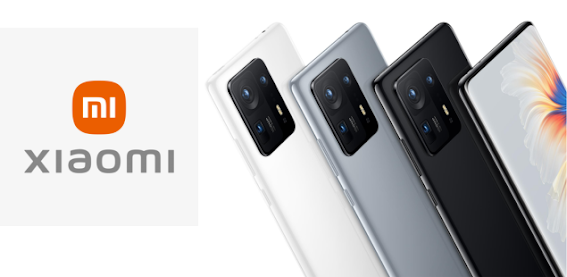The Rise of Xiaomi: A Journey from Startup to Global Tech Giant
Xiaomi, a name once
synonymous with affordable smartphones, has transformed into a global tech
giant with a diverse portfolio of products and services. This article delves
into Xiaomi's journey, from its humble beginnings to its current status as a
market leader in innovation and technology.
Introduction to Xiaomi
Xiaomi, founded in 2010 by entrepreneur Lei Jun, started as
a software company before venturing into hardware, particularly smartphones. Its mission
to provide high-quality products at accessible prices quickly gained traction,
propelling Xiaomi into the spotlight.
Xiaomi's Early Days and Founding
Lei Jun's vision for Xiaomi was clear from the start – to
create brands that
resonates with consumers by offering cutting-edge technology without the hefty
price tags. The company's first smartphone, the Xiaomi Mi 1, launched in 2011,
was well-received for its performance and affordability.
Innovative Products and Disruption in the Market
Xiaomi's success wasn't limited to mobile phones.
The company diversified its product lineup to include smart home devices,
wearables, laptops, and even electric vehicles. This diversification strategy
allowed Xiaomi to tap into multiple markets and disrupt traditional industries.
Expansion into Global Markets
While initially focused on the Chinese market, Xiaomi
quickly expanded its reach globally. Its entry into markets like India,
Southeast Asia, Europe, and Latin America showcased Xiaomi's ability to adapt
to diverse consumer preferences and market dynamics.
Also Read: The
Cult of Apple: Understanding the Phenomenon of Brand Loyalty
Challenges Faced by Xiaomi
Despite its rapid growth, Xiaomi faced challenges such as
increasing competition, patent disputes, and maintaining brand loyalty amidst a
crowded tech landscape. However, the company's agility and customer-centric
approach helped navigate these challenges.
Strategic Partnerships and Investments
Xiaomi's strategic partnerships with tech giants like
Qualcomm and Google, along with strategic investments in startups and emerging
technologies, bolstered its position in the industry. Collaborations for AI
development, IoT integration, and 5G technology further solidified Xiaomi's
presence in the tech ecosystem.
Xiaomi's Impact on the Tech Industry
Xiaomi's rise not only reshaped the smartphone market but
also influenced trends in affordable technology, user experience, and digital
innovation. Its emphasis on user feedback, continuous iteration, and community
engagement set benchmarks for other tech companies.
Sustainability Initiatives and Corporate Social
Responsibility
As Xiaomi grew, so did its commitment to sustainability and
corporate social responsibility. Initiatives focusing on eco-friendly
practices, supply chain transparency, and community welfare underscored
Xiaomi's role as a responsible global corporate citizen.
Future Outlook and Growth Potential
Looking ahead, Xiaomi continues to innovate across multiple
fronts, including AI, IoT, smart manufacturing, and renewable energy. With a
strong foothold in key markets and a dedicated user base, Xiaomi's growth
trajectory remains promising.
Conclusion
Xiaomi's journey from a startup to a global tech giant
exemplifies resilience, innovation, and consumer-centricity. As it continues to
evolve and expand its offerings, Xiaomi's impact on the tech industry is poised
to endure.
Also Read: The
Impact of Brand Infinix on the Global Smartphone Market




Comments
Post a Comment